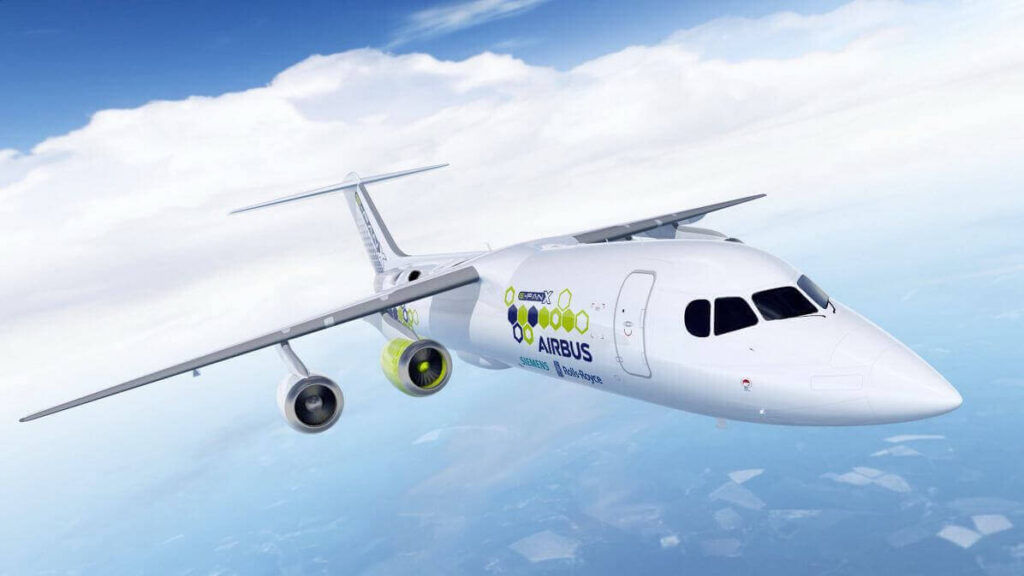“We are at the dawn of the third era of aviation,” proclaims Rolls-Royce as it announces the acquisition of Siemens’ electric and hybrid-electric aerospace propulsion business, marking a clear step further into making greener engines.
The eAircraft is Siemens’ business branch which is developing all-electric and hybrid electric propulsion solutions for the aerospace industry. Rolls-Royce expects to finalize the acquisition of eAircraft in “late 2019”, depending on acquiring needed approvals.
The company broke the news on June 18, 2019, with high hopes the move will help the company to jump ahead of the competition of what it sees as a future for aviation. “We believe that pure electric, or all-electric, propulsion will power smaller aircraft in the foreseeable future, while larger aircraft will rely upon hybrid electric solutions that combine electrification with evolutions of the gas turbine,” explains Paul Stein, Rolls-Royce Chief Technology Officer.
“Electrification is set to have as dramatic an impact on aviation as the replacement of piston engines by gas turbines,” Rob Watson, Director of Rolls-Royce Electrical believes. “We are at the dawn of the third era of aviation, which will bring a new class of quieter and cleaner air transport to the skies”.
Rolls-Royce already collaborated with eAircraft (as well as Airbus) working on the E-Fan X demonstrator project. However, in June 2019, Siemens ended the collaboration after achieving agreed goals, Airbus explained at the time, while Rolls-Royce maintains simply that it was a “business decision” on Siemens’ part.
E-Fan X is a complex hybrid-electric aircraft demonstrator. In the test aircraft, one of four jet engines are replaced by a 2MW electric motor, roughly equivalent to that of 10 medium-sized cars, as Airbus explains it. “The electric propulsion unit is powered by a power-generation system and battery. When high power is required—at take-off, for example—the generator and battery supply energy together”. The first flight is expected for 2021.

